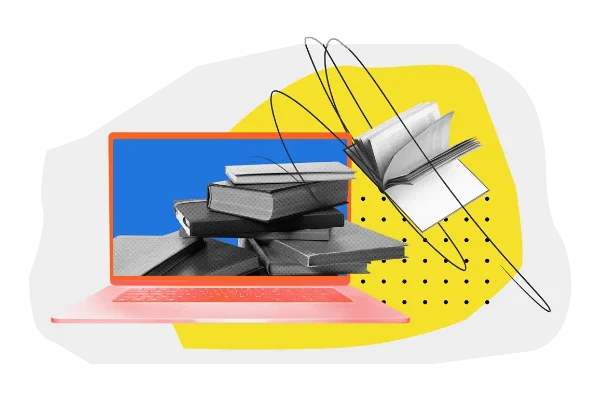Lecture series Data Worlds
Understanding data, shaping the future
Are you curious about how data shapes our society? Does your head spin at the speed of current developments? Then come to the lecture series Data Worlds!

The lecture series Datenwelten (Data Worlds) has been attended by over 3,100 students over the past four years. The program is aimed at students of all disciplines and teaches the basics of digital and data literacy as well as familiarity with data-driven methods. In order to understand digitization and datafication, technical and practical knowledge are closely linked with critical reflection and examined from interdisciplinary perspectives.
Contents of Data Worlds
Interdisciplinary perspectives
Functionality of the information technology data ecosystems that (help) shape large parts of our everyday lives
The technical and social interaction of these systems in the collection, storage, and use of data
Simple statistical and visualization methods for exploratory data analysis
Basic algorithms of supervised and unsupervised machine learning (classification, regression, clustering)
Elementary introduction to neural networks and their applications in image and text processing (large language models)
Overview of the current status of data use and application in various areas of society such as politics, science, education, and business
Critical examination of these data applications and their social and ethical challenges such as the digital divide, bias, and discrimination
Impact of increasing digitalization and datafication on the political public sphere and journalistic work
Various issues in digital humanities and their development in the context of datafication and artificial intelligence
Possibilities and limitations of legal (data protection) and technical (IT security) regulation of data use and its consequences
3100 students
From 92 subjects
From 34 lecturers

Accompanying exercises
Between code and context
The exercises accompanying the lectures offer practical reinforcement of the lecture content and an introduction to data analysis with R. They are aimed at all students at the University of Hamburg and are designed to be accessible to students with and without prior programming knowledge.
For programming, we primarily use the Jupyter server of the MIN faculty. With Jupyter Notebooks, students can program interactively and execute their code directly in their own browser without having to install anything. This enables a flexible working environment that is well suited for learning and experimenting with data sets.
We use literate programming, which combines code and text. This allows students not only to write code, but also to understand, modify, and document it. The exercises promote independent skill acquisition and teach the technical basics of data analysis and machine learning. We program with the tidyverse package collection, which follows a consistent design philosophy, grammar, and data structure.
In addition to technical aspects, social issues are also addressed in order to develop a comprehensive understanding of the effects of digitization and datafication. The exercises are designed to be interdisciplinary and take into account various perspectives from computer science, social sciences, and other disciplines. With the end of project funding, the exercises will conclude at the end of the 2025/2026 winter semester.'
Contents of the exercises
Focus: Winter
- Classification
- Regression
- Clustering
- Neural Networks
Model
Coding
- Import
- Tidy
- Visualize
- Transform
- Communicate
Analyze
Focus: Summer
- APIs
- Web Scraping
- Open Repositories
Collect
Tools
- Jupyter
- Git
- gAI-chatbots
- RStudio
Reflection
- AI-generated images & fake news
- Ethics & bias
- Datafication of society


